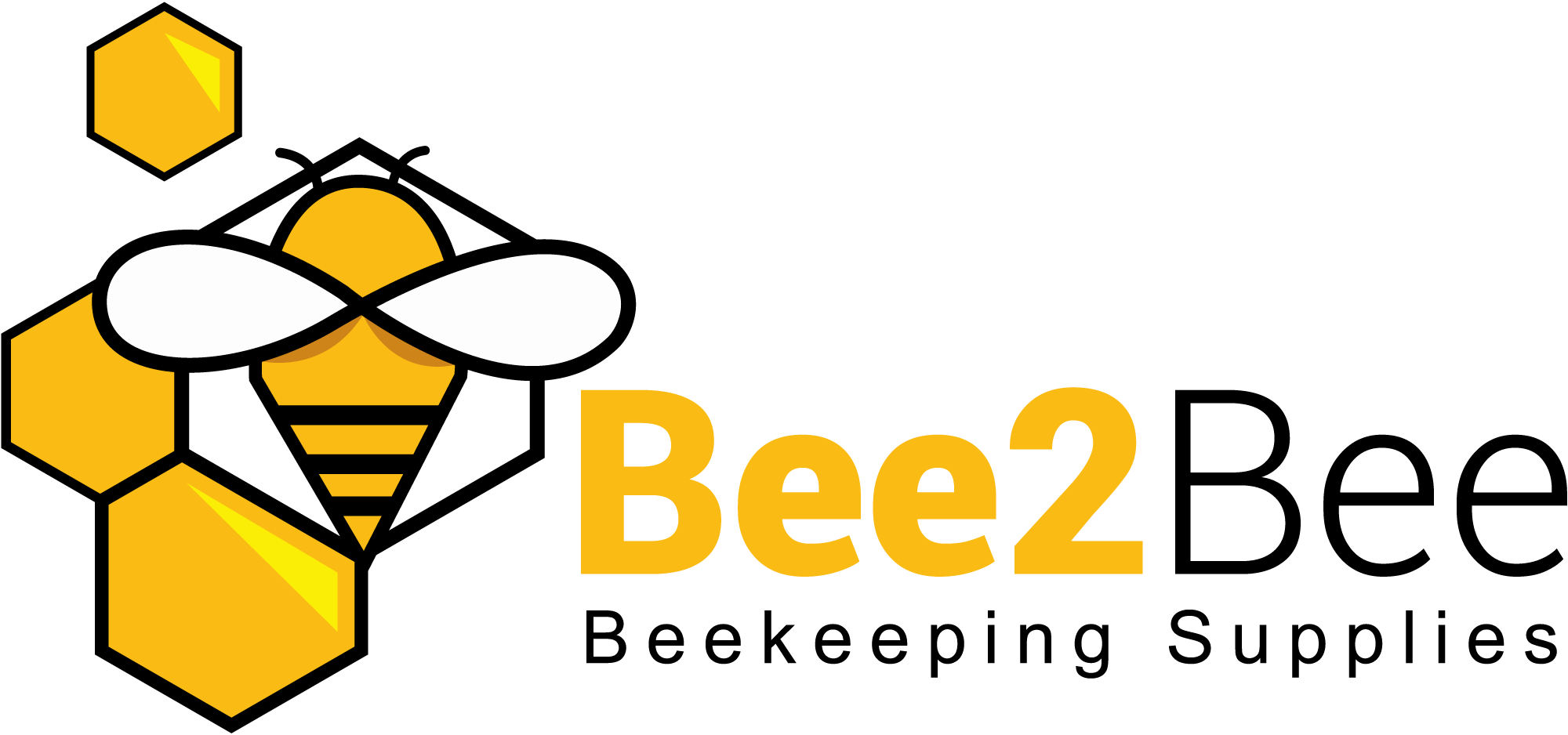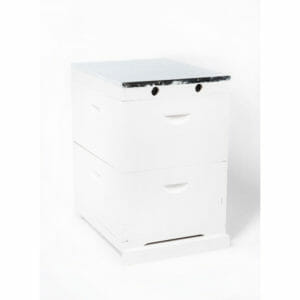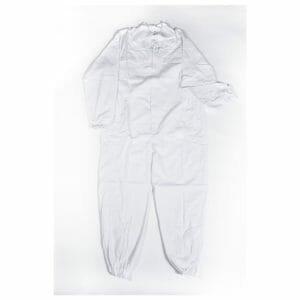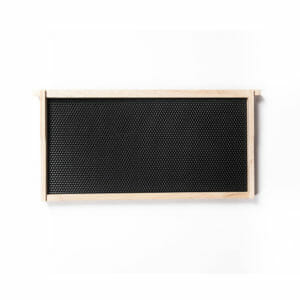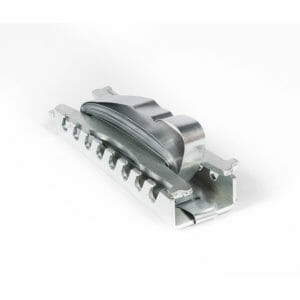You’ve probably heard of the advice – inspect your beehives regularly to maintain a strong colony. While that is true, there are many things to look out for before proceeding to inspecting your beehive! Here are some of them.
Weather
This is an important factor to consider before inspecting your beehive. Only open the hive when the weather is stable: not too cold, not too warm and not too windy. Ideally 23℃ to 26℃, when the sun is up and shining high. Expect a lot of bee activity when the weather is just perfect.
Do not open the hive when it is raining, thunderstorming, or during the coldest winter day. The bees can sense the change of weather. By observing their activity, it’s quiet when it is gloomy and cloudy – as if they’re predicting rain to come. Bad conditions make bees aggressive, like when it’s raining. Also, you wouldn’t want water to get in your hives.
You risk your bee’s survival if you open up during cold weather. The bees need as much heat that they can get in order to survive the winter! Opening the hives will just lessen the heat they’ve created when clustering.

Season
The process of inspecting your beehive can vary depending on what season we are on. For example, winter inspections will only require observing from the outside. Meanwhile, spring and summer are very different. It requires more hands on activities such as a thorough inspection of the full hive structure: the frames, the combs, queen spotting and honey stores. Informing yourself on the proper activities is essential. We will talk more about this in depth so stay tuned!
Purpose
Ask yourself, why do you need to inspect today? What are you looking for? Make sure you’re doing it for all the right reasons.

Queen Spotting
Usually, this is the first step into any thorough beehive inspection. Always try to find your queen. If you are not successful, practice makes perfect! It also helps if they are marked, making it easier to spot her out of the 20,000 other bees. Queen spotting is essential during spring and summer, where bee activity is at its peak. Also try to look out for queen cells, superseding cells as this signifies a possibility of a swarm, a death or disappearance of the queen and even the health of your hive.

Brood Pattern
So now that you’ve found the queen, you will also have to check her laying performance. This is important to check for irregularities to diagnose any diseases in the brood. Check for any odd characteristics such as baldness, colour, etc. These inspections are essential during spring, summer and autumn.

Pollen/ Honey Stores
This is essential throughout the seasons. Observing the levels of pollen and honey indicates the quality and quantity of the resources that your bees are able to collect. If you find that the bees are not able to collect any pollen or nectar, that is a bad sign. Consider checking the environment – is there a drought; should you provide resources or even relocating your beehives.
Inspecting for honey stores is particularly significant during autumn. The bees need enough stores to survive through the winter. If you think they don’t have enough, consider feeding them with sugar syrup and pollen immediately. Don’t wait until it’s too late! If you are not sure on what is enough, consider asking for advice from a mentor.
All hives come in different sizes. Although there is an ideal amount – i.e 1 super full of honey – sometimes, it is still better to see what the actual hive looks like, the activity and the frames to know what’s the best solution.
So, why do you inspect your hives? Make sure you don’t just check just because! The bee’s are just like us – sometimes they just want to mind their own business. Hope this helps!
Interested in buying beekeeping tools and equipment in bulk and discounted price? For personalised advice on products and tips for beehive management, give us a call on 0488 010 840 or get in touch via email at [email protected]. Shop online here (free shipping for orders over $300)!
